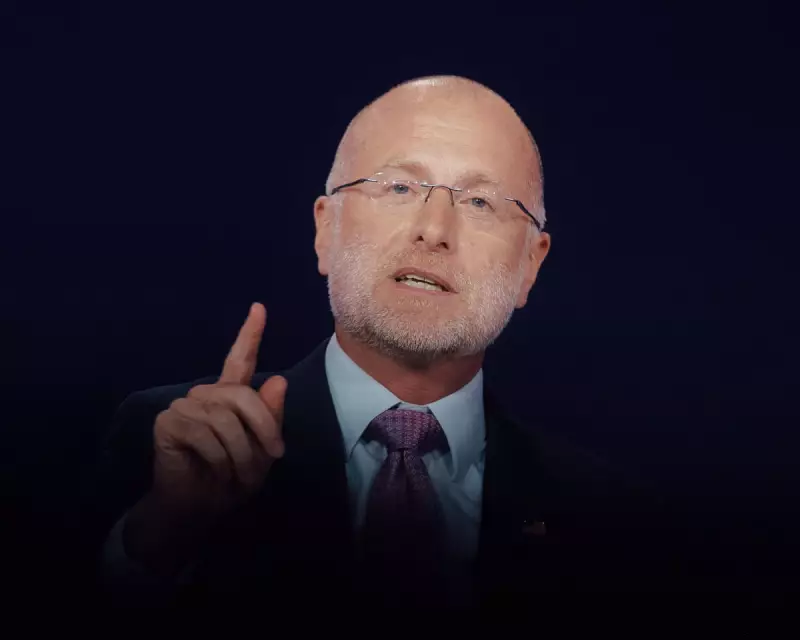
In a development that has sent shockwaves through American media circles, Brendan Carr - widely tipped to lead the Federal Communications Commission if Donald Trump returns to the White House - has found himself at the centre of a political firestorm.
The Controversial Comments
Carr, currently serving as a Republican commissioner on the FCC, publicly criticised popular late-night host Jimmy Kimmel for what he described as "excessive political commentary" during his television programme. The remarks have ignited concerns among free speech advocates about potential government overreach into entertainment content.
What This Means for Media Freedom
The situation raises significant questions about the future of broadcast regulation under a potential Trump administration. Industry experts are closely watching how this might affect:
- First Amendment protections for entertainment programmes
- Regulatory boundaries between government and media content
- The traditional independence of late-night comedy shows
- Potential chilling effects on political satire
Broader Implications
This controversy emerges against a backdrop of increasing political polarisation in American media. Carr's comments have sparked debate about whether regulatory bodies should have any say in the political content of entertainment programmes, particularly those that have historically blended comedy with political commentary.
Media watchdogs and free speech organisations have expressed alarm, suggesting that such statements from a potential FCC chairman could signal a troubling shift in how broadcast content might be regulated in the future.
The Political Fallout
The timing of these revelations is particularly significant, coming as they do during a heated election cycle. Both supporters and critics of the former president are closely monitoring how this situation develops, recognising its potential implications for media freedom and regulatory practice in the United States.





